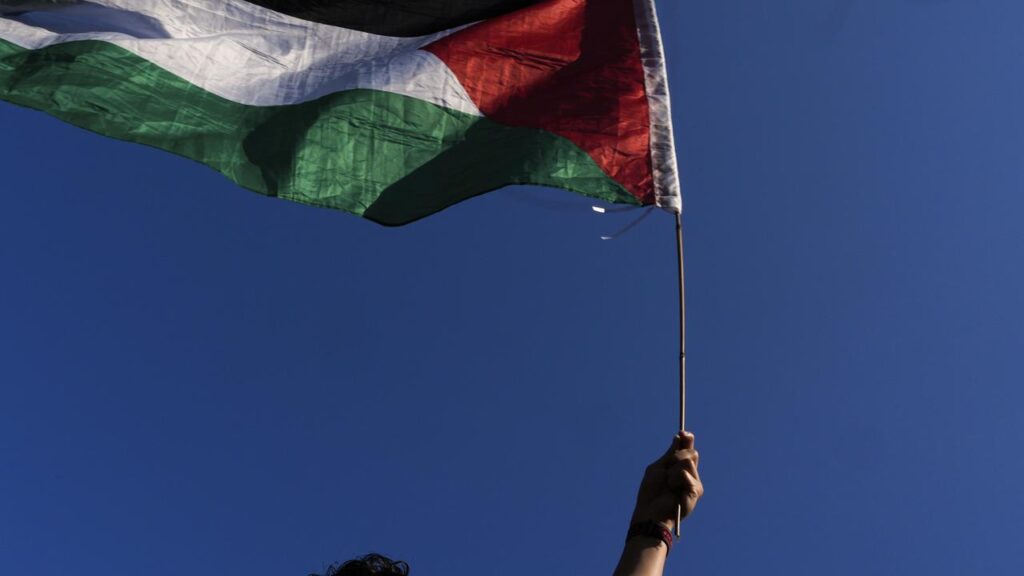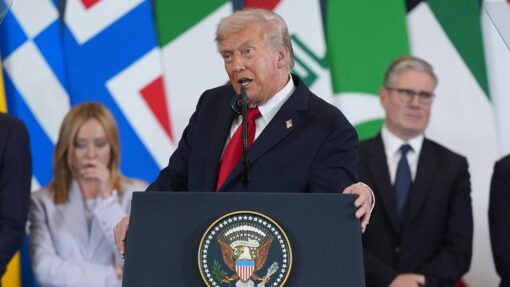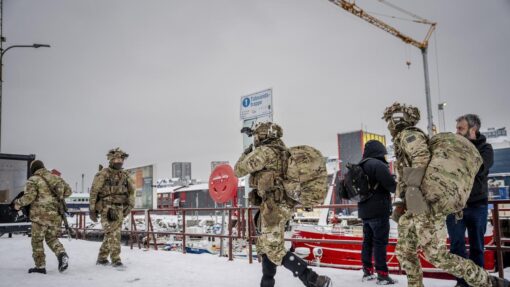Australia, UK and Canada recognise Palestinian state
|

Australia, the United Kingdom and Canada have recognised a Palestinian state in a move borne out of frustration over the Gaza Strip war and intended to promote a two-state solution, prompting a furious response from Israel.
The decision by trio, which have been traditional allies of Israel, aligned them with about 140 other countries also backing Palestinians’ aspiration to forge an independent homeland from the Israeli-occupied territories.
The UK’s decision carried particular symbolism given its major role in Israel’s creation as a modern nation in the aftermath of World War II.
“Today, to revive the hope of peace for the Palestinians and Israelis, and a two-state solution, the United Kingdom formally recognises the State of Palestine,” Prime Minister Keir Starmer said.
“The man-made humanitarian crisis in Gaza reaches new depths. The Israeli government’s relentless and increasing bombardment of Gaza, the offensive of recent weeks, the starvation and devastation are utterly intolerable.”
Other countries, including France, are expected to follow suit this week at the United Nations General Assembly in New York.
Israeli Prime Minister Benjamin Netanyahu condemned the move.
“I have a clear message to those leaders who recognise a Palestinian state after the horrific massacre of October 7: You are giving a huge reward to terrorism,” he said, referring to Palestinian militant group Hamas’ 2023 attack on Israel that triggered the nearly two-year war in Gaza.
“And I have another message for you: It will not happen. A Palestinian state will not be established west of the Jordan River.”
The Hamas-led attack on Israel killed 1200 people and 251 others were taken hostage, according to Israeli tallies.
Israel’s ensuing campaign in the Gaza Strip has killed more than 65,000 Palestinians, most of them civilians, according to local health authorities, spread famine, demolished most buildings and displaced most of the population – often multiple times.
“It is a human duty of every respectful and free human being in the world to support Palestinians during the ordeal they are going through and Britain’s role now comes within this,” said Sharaf Al Tarda, a Palestinian resident of Hebron in the Israeli-occupied West Bank.
Hamas welcomed the move but said it must be accompanied by “practical measures” to end the war in the Gaza Strip and prevent Israel from annexing the West Bank.
Palestinian President Mahmoud Abbas said recognition would help pave the way for the “State of Palestine to live side by side with the State of Israel in security, peace, and good neighbourliness”.
Starmer wrote to Abbas to confirm the UK’s decision, noting that his country had backed a Jewish homeland in 1917 while also pledging to protect the rights of non-Jewish communities.
Announcing his country’s decision, Canadian Prime Minister Mark Carney said it would empower those seeking peaceful co-existence and the end of Hamas.
“This in no way legitimises terrorism, nor is it any reward for it,” he added.
The United States, Israel’s closest ally, did not comment immediately on the decision by three of its allies to recognise a Palestinian state.
Reuters


